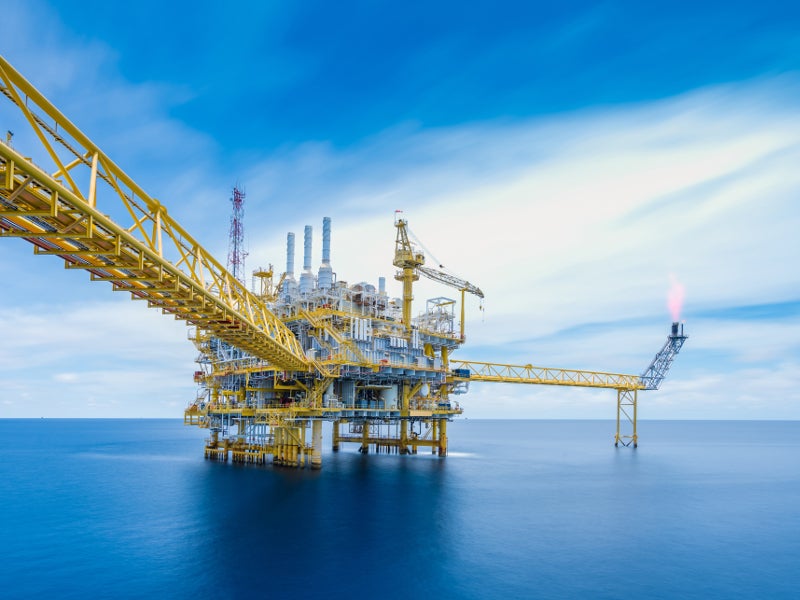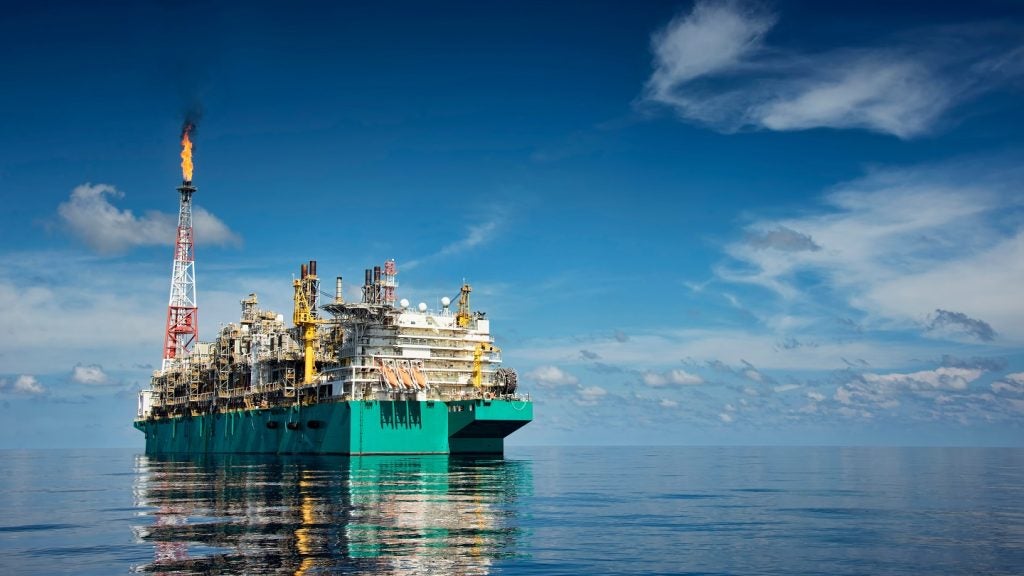
Analytics firm Fitch Solutions has unveiled its latest assessment of and predictions for the oil and liquefied natural gas (LNG) sector in a webinar, noting that the Covid-19 pandemic has significantly disrupted traditional means of operating, and that supply and demand futures are uncertain over the long-term.
The pandemic has affected much of the global industry, with collapsing demand sending both contract and spot prices tumbling as deal value contracts in order to absorb declines in both oil and gas demand and production. In developed European markets, natural gas demand growth is forecast to be just over 2% by the end of the year, compared to over 6% in 2019. In Asia meanwhile, demand growth is set to fall by almost 8% this year, down from a fall of just over 2% last year.
Furthermore, buyers are struggling to reap the benefits of this shift as spot prices have fallen so low as to no longer be profitable, and demand continues to dry up as global storage space begins to run out. As a result, real GDP is forecast to fall by more than 4% year-on-year in 2020 in developed markets, and over 1% in emerging markets.
The spread of the virus has also highlighted vulnerabilities in existing response and recovery mechanisms in the global supply chain, with Europe struggling to act as a counterbalance as it typically does.
“Typically what happens when the market is oversupplied is that Europe acts as a global gas sink,” said Emma Richards, senior oil and gas analyst at Fitch Solutions “It’s a large market, heavily interconnected and very liquid, and it has significant capacity to swing between LNG and pipeline supply. So it’s uniquely positioned to absorb global supply curves.
“Covid-19 has disrupted those usual market mechanisms for adjustments, and that’s part of the reason why prices have fallen so low. Demand has simply not been there, and so supply has had to go even lower in order to then shuttle supplies.”
How well do you really know your competitors?
Access the most comprehensive Company Profiles on the market, powered by GlobalData. Save hours of research. Gain competitive edge.

Thank you!
Your download email will arrive shortly
Not ready to buy yet? Download a free sample
We are confident about the unique quality of our Company Profiles. However, we want you to make the most beneficial decision for your business, so we offer a free sample that you can download by submitting the below form
By GlobalDataRichards also suggested that the disruptions wrought by Covid-19 are nothing new, but exacerbations of long-standing issues with the global oil and gas supply chain. The flipside of this, however, is that many of the positive trends reported prior to the outbreak of the pandemic are likely to resume, if at a later date and to a lesser extent than originally expected. Fitch Solutions figures project global cumulative LNG demand to fall to below 30 billion cubic metres (bcm) in 2020, but rebound to close to 40bcm in 2021, and exceed 40bcm the following year.
“Growth in [emerging markets] is very strong and in volume terms it’s by no means insignificant,” noted Richards. “It’s also our belief that as the impacts of Covid-19 dissipate, the prevailing price environment will support more gas-centric policies. That, combined with wider policy support from a number of countries, and asset suppliers themselves to foster growth in new markets poses upside risks to our current forecasts.”





